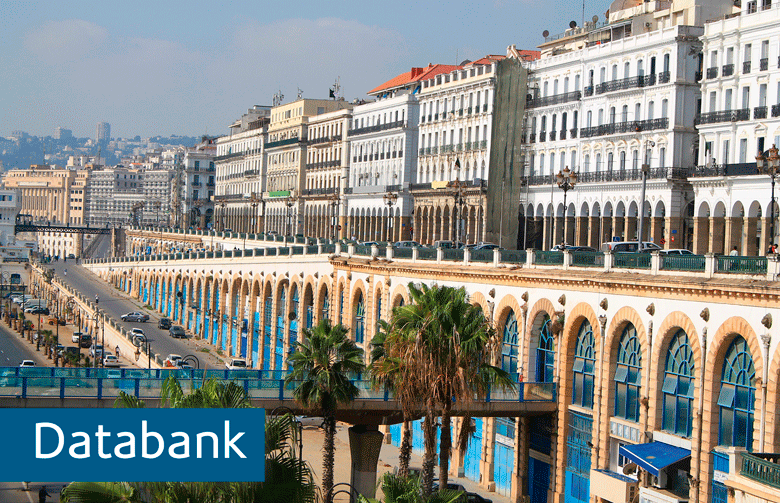

Opec presidency comes at an opportune time
Although largely symbolic, holding the chair of the oil producers group could inspire optimism in Algeria’s energy sector
Speaking at the meeting of Opec and non-Opec oil ministers in Vienna on 6 December, Saudi Arabia’s Energy Minister Prince Abdulaziz bin Salman said that he had tested the mettle of his Algerian counterpart during a marathon session that ended late the previous night, particularly his “negotiation skills”.
Algeria is to assume the Opec presidency in 2020 from Venezuela, as part of an annual rotation model that the bloc follows.
Although largely symbolic, it elevates Algeria’s profile on the international stage and the puts Algerian Oil Minister Mohamad Arkab at the head of Opec’s table to preside over ministerial meetings in the new year and a new decade.
It also comes at a time when Opec’s gatherings with non-Opec producers led by Russia are expected to become increasingly divisive.
A strong convener with good “negotiation skills” is precisely what Opec will need in order to manage robust meetings that will produce decisive agreements meaningful to the oil market and, indeed, the bloc’s future.
“Hopefully, we will be able to preside over the agreement we reached today,” Arkab told media in Vienna on 6 December at the announcement of the Opec/non-Opec producers agreement to deepen existing production cuts.
“Algeria always strives to negotiate and bring all members to the table,” said Arkab. “In 2016, the first Opec/non-Opec [informal] cooperation framework was reached in Algeria. By being the president in 2020, Algeria will continue to maintain the equation between Opec/non-Opec members to balance the market.”
The Opec presidency for Algeria also comes during a period when the country is attempting to bring order to its oil and gas sector, the biggest in North Africa, after months of political turmoil leading to the removing of President Abdelaziz Bouteflika in April this year.
Within days of Bouteflika’s departure, state energy company Sonatrach’s CEO Abdelmoumen Ould Kaddour was also removed as part of sweeping changes in government in Algiers.
But just as Sonatrach’s next CEO Rachid Hachichi was setting out his plans to revive projects and attract foreign investment, Algeria’s interim president Abdelkader Bensalah replaced him with Kamel Eddine Chikhi on 14 November.
On the same day, Chikhi was appointed to his new role and the Algerian legislature approved a new, much-anticipated hydrocarbons bill that improved the fiscal terms being offered to foreign investors, although Sonatrach will retain its mandatory 51 per cent stake in all projects.
Algeria’s oil and gas reserves have been declining for the past 10 years and Sonatrach’s primary responsibility is to replenish these.
New discoveries must be developed and current production levels must be maintained in the medium term, while more needs to be done in the longer term to increase reserves.
Any increase in production potential will give Algiers more clout at Opec and more say in the decision-making of the Opec/non-Opec producers group meetings , which have been dominated by Saudi Arabia and Russia.
Together with the Opec presidency, increased output potential could enable Algeria to pursue more of its own interests at the bloc’s meetings in 2020.
You might also like...

Rainmaking in the world economy
19 April 2024

Oman receives Madha industrial city tender prices
19 April 2024

Neom seeks to raise funds in $1.3bn sukuk sale
19 April 2024

Saudi firm advances Neutral Zone real estate plans
19 April 2024
A MEED Subscription...
Subscribe or upgrade your current MEED.com package to support your strategic planning with the MENA region’s best source of business information. Proceed to our online shop below to find out more about the features in each package.






